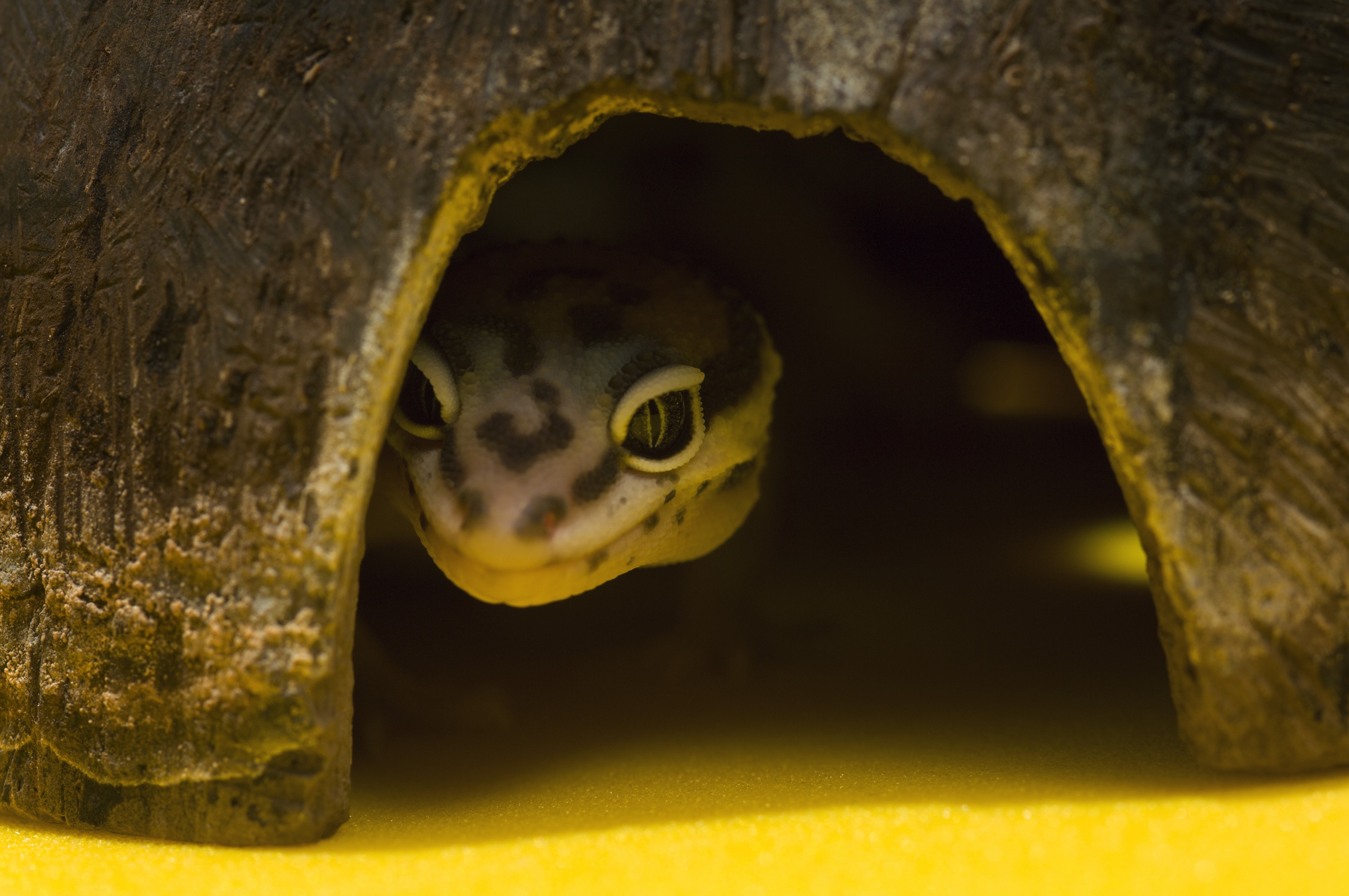Legislative Risks, Part 2
John Mack //February 27, 2015//
In our last article, we began to examine some of the numerous and growing legal issues that face pet store owners, both locally and nationally. Various activists and misinformed people have supported, drafted and convinced their local leaders to enact ordinances that have limited or even banned the sale of live pets within their jurisdictions. Even now, many pet store owners fight for the simple right to sell live animals in their stores.
We cited several examples of people fighting to shut the doors of pet stores in cities throughout the country, putting hard-working, animal-loving pet store owners out of business. However, we also urged you to realize it is critical to take action and to follow these legislative issues. Despite the misguided zealotry of several international organizations, there are several ways to battle back on behalf of the pet trade. Unity, cooperation and information provide our greatest weapons in ensuring the longevity of our industry.
State and Federal Laws
These ongoing legal battles are not limited to local ordinances. Bills and statutes also continue to pop up in state and federal legislatures, which could result in sweeping changes to the entire pet trade. Just as you must be aware of local laws and ordinances that would affect your small business, you must also make yourself aware of legislation that affects all pet stores within your state or even across the country.
The tragic events at the Muskingum County Animal Farm of Zanesville, Ohio in 2011, illustrate the importance of staying informed. After owner Terry Thompson opened the cages to his animals’ enclosures and committed suicide, local and state police were tasked with capturing or killing nearly sixty of his wild animals. Within days of the event, Ohio governor John Kasich ordered a moratorium on exotic animal sales in Ohio and exhorted the state legislature to draft legislation that would severely limit or ban the sale of exotic animals within the state.
These reactionary maneuvers are hardly common, though they should be particularly distressing to anyone within the pet trade industry. Terry Thompson, as an individual, had no business keeping animals of any sort: He had been cited numerous times for animal abuse and neglect, he had served a substantial prison sentence on federal firearms charges, he owed nearly $100,000 in back taxes and he had undergone several other personal traumas. But rather than enforce already-existing local and federal mandates regarding safe animal handling—such as those which Thompson had violated in the past—the Ohio state government acted in a reactionary manner that directly affected our industry.
Reactionary legislation is not isolated to Ohio. In March 2014, the West Virginia state legislature passed House Bill 4393, the Dangerous Wild Animal Act. This act not only makes it illegal to hold animals such as bears or lions but also prevents citizens from having constrictor snakes larger than six feet.
Additionally, this legislation even proposed banning thousands of common aquarium fish species and most hamsters. At one point, more than 12,000 species were listed. Thanks to USARK, PIJAC and dedicated hobbyists, the list has greatly decreased. Had these groups and businesses not taken action, nearly every animal not native to West Virginia might now be considered a dangerous wild animal.
While a permit program was conceptualized, the actual details of attaining such a permit made pet ownership a fiscal impossibility for most people. This, despite the fact that there has yet to be a single verified death in the general public caused by a constrictor snake species.
Effective Responses
Bills such as these are often passed shortly after an isolated animal incident or due to the lobbying of misguided or misinformed animal rights organizations. Nevertheless, they represent a continual and constant threat to the pet industry as a whole. However, organizations like USARK and PIJAC work to remediate these situations and are our best hope at united representation within political circles. In response to West Virginia HB-4393, USARK provided numerous resources for reptile owners and pet industry insiders to take action against this new law, including a full bill summary, a thorough set of talking points regarding the legislation, a sample letter ready to be sent to state legislators and contact information for numerous major players in the West Virginia legislature.
Awareness and early action are a pet store owner’s most powerful weapons in combatting laws such as these. USARK and PIJAC have demonstrated continual efficacy and tenacity in fighting for the rights of those in the pet trade. Just this past November, USARK legal counsel Richard Stanley spoke before the West Virginia Legislative Rule-Making Review Committee. As a result, the number of animals on the “Dangerous Wild Animals” list was promptly reduced by 50 percent and constrictor snakes, salamanders and frogs were removed from the list entirely. Stanley’s work crosses traditional political battle lines; he states that “both political parties are in agreement that the law needs to be amended in a positive way for pet owners.” However, continued success in opposing reactionary, ill-conceived legislation hinges on continued support and unification. PIJAC and USARK provide precisely that assistance and momentum.
Even as you read this, our federal legislature contemplates the Invasive Fish and Wildlife Prevention Act, which is a rewording of the previously submitted HR-5864 legislation. If passed, this bill would cripple the reptile trade and the live pet trade outside of dogs and cats, labeling nearly all nonnative reptiles as “injurious” animals. The fees necessary to enforce such a bill fall upon the licensure of those involved in the pet trade, which could widespread financial harm. And, as has been the case with similar state and local legislative efforts, many of the studies cited within the bill include poorly worded scientific studies and a petition process that actively benefits misinformed animal rights groups.
As 2015 opens, we exhort you to make a renewed effort for your industry and livelihood this year. If you have not joined USARK or PIJAC, I advise doing so. Stay educated about the political issues that affect your business. Use Internet resources—such as those available on the USARK and PIJAC websites—to stay informed about upcoming legal issues. Reach out to your legislators at all levels: local, state, and federal. Ensure that these officials know what foolhardy and reactionary legislature can do to hard-working pet store owners. The fate of your industry lies in your hands. Make 2015 a winning year for all of us.


















